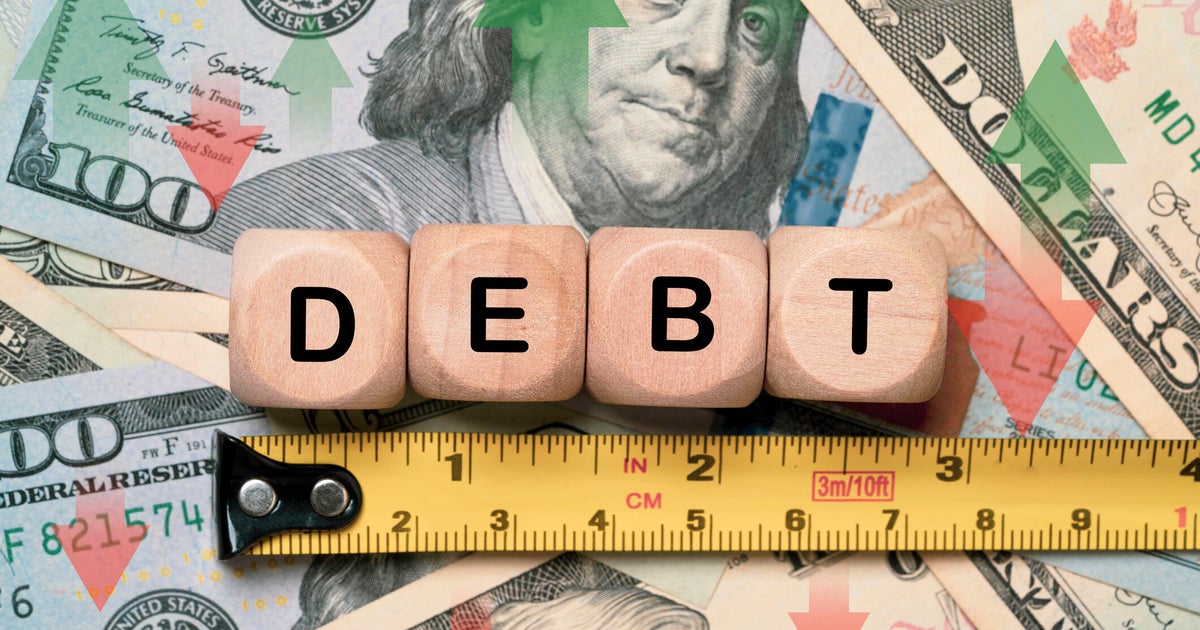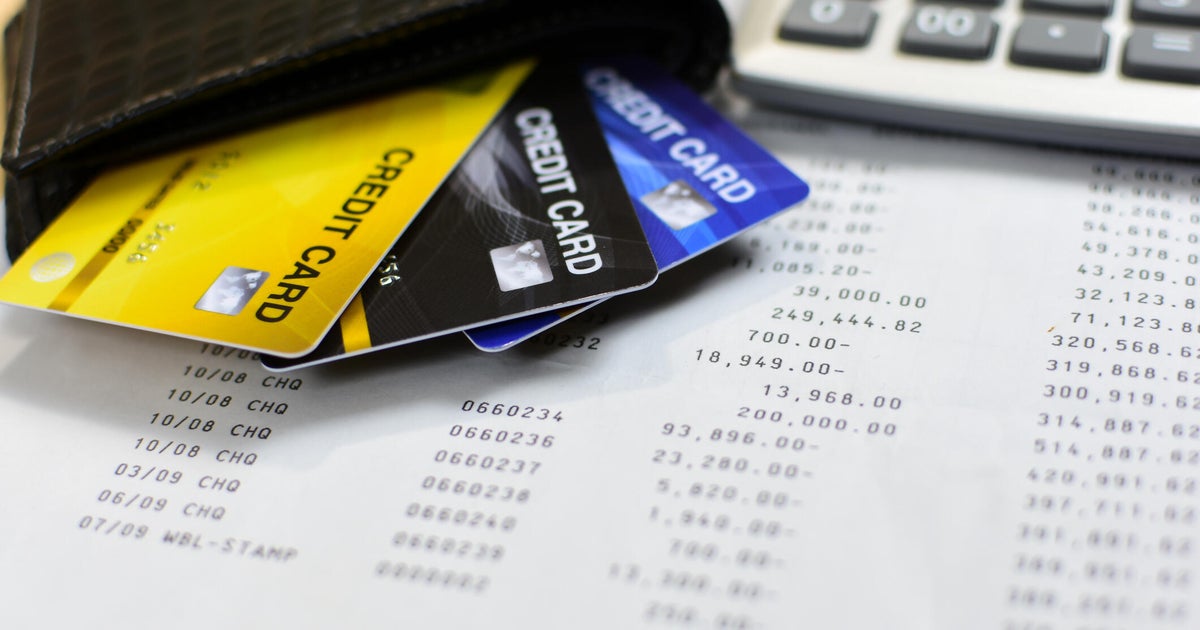What goes into your credit score -- and how to raise it
When it comes to your credit score, although this might sound obvious, the first thing you need to do is know what yours is. Once you've taken that initial step, you should understand more about the key factors that make up your credit score and what you can do to improve it.
According to the folks Fair Isaac Corp., the San Jose, California, purveyor of the most commonly used credit score, FICO, five key things are factored into your credit score, but these two are most important.
Payment history: Have you missed any payments or made late payments on a credit account? This is one of the top factors, with FICO giving it a 35 percent weighting. The more severe, recent and frequent the occurrence of late payments, the bigger the impact in lowering your score.
On the other hand, if you have a long history of always making payments on time on all types of credit accounts, your score will be higher because this is exactly the type of behavior lenders look for.
Amount of available credit used: Are you constantly maxing out your credit cards, but still managing to make all payments on time? If so, don't think this is helpful to your credit score -- it's not. If you're at your limit on several revolving credit cards and you have more than three cards with a balance, it's a sign to prospective lenders that you're at a high risk of overextending your credit usage.
This factor gets a 30 percent weighting in your credit score. If you want to raise your score, get your revolving credit usage below 10 percent of the total available, have less than three cards with a balance and get your total balances owed under $3,000.
The three other factors that make up your score -- length of credit history, credit accounts recently opened and the mix of different types of accounts -- make up the other 35 percent of your credit score.
Your credit reports also contain your name, address, Social Security number, date of birth and employment information, but this information isn't considered in your score. Marital status, gender and race also aren't factors.
Some of the newer credit scores, such as the FICO Score 9, don't ding you if you've paid off a third-party collection account. It also treats unpaid medical collections less harshly than other types of unpaid collections. But it does factor in your history of making rent payments, if they're reported.
What separates those with high credit scores from the rest? People with the strongest scores, the so-called FICO High Achievers, have these common characteristics:
- About 96 percent have no missed payments at all.
- About 99 percent have no collections listed on their credit reports.
- They have no public record disclosures -- bankruptcy, foreclosure, lawsuits, wage attachments, liens, judgements, etc. -- listed on their credit reports.
- Their average use of revolving credit is less than 6 percent.
- On average, have three accounts carrying a balance.
- They owe less than a total of $3,000 on all credit cards.
- The average age of credit accounts is 11 years or more, and the age of the oldest account is 25 years.
- They opened their newest credit account about 2.5 years ago.
- Less than 35 percent of them applied for new credit once or more in the past year.
So if you want to boost your score, do what the High Achievers do. And as you make progress and improve your credit behavior, your credit score will gradually rise.



